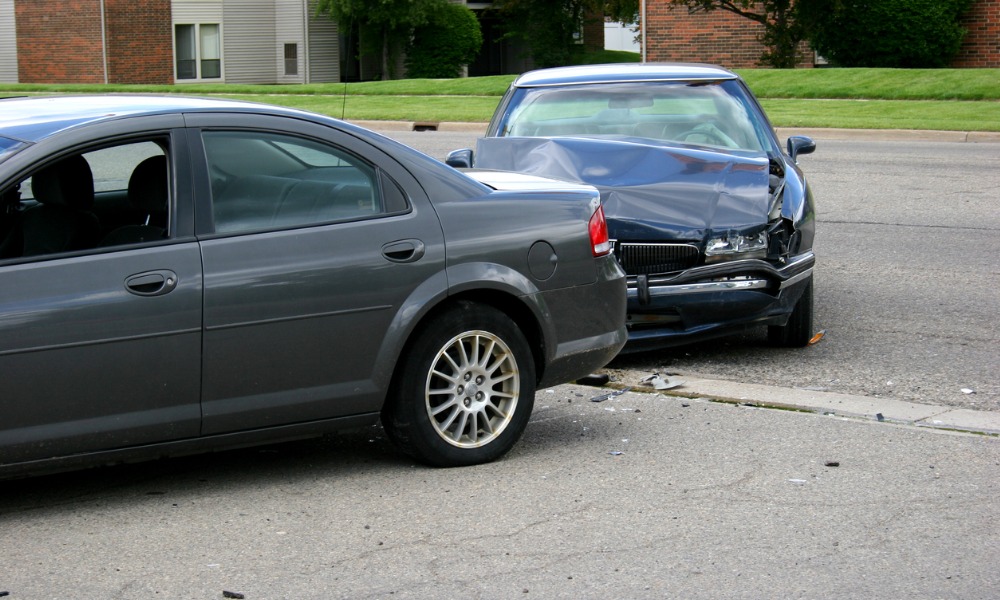The court was left to speculate on the initial basis for the award

The BC Court of Appeal has reduced an award for future loss of housekeeping capacity due to expert prognosis that the plaintiff’s post-accident condition will improve.
In Howes v. Liu, 2023 BCCA 316, Anna Liu was sitting in the front seat of her husband’s vehicle when it was rear-ended by another car. Liu sustained a soft tissue injury to her lower back and a hip malalignment. As a result, she commenced a lawsuit against the defendants, Marnie Howes and Douglas Liu.
Anna Liu was 49 years old at the time of the accident, and she worked as a finance manager. Before the accident, Liu enjoyed skiing, bowling, participating in occasional company softball tournaments, snowshoeing, travelling, baking, and socializing. Additionally, Liu and her husband divided household chores, and she was designated to cook, clean, wash the dishes, sweep, mop, vacuum, and clean the windows. Liu estimated that she spent about 12 to 15 hours a week before the accident on chores, including making meals, clearing tables, and doing dishes.
After the accident, Liu struggled physically. She experienced pain in her lower back, hip, and her legs with any period of walking. Before the accident, Liu was responsible for most of the housekeeping inside their big home with some help from her husband. However, for the six months after the accident, Liu could only spend about 20 to 30 minutes of housekeeping before she would have to rest.
During the trial, Liu tendered evidence from three physicians while the defendants presented two experts. After carefully reviewing the evidence, the trial judge ultimately granted an award of non-pecuniary damages, past loss of housekeeping capacity, future loss of housekeeping capacity, cost of future care, and specials.
The defendants appealed the awards for non-pecuniary damages and loss of housekeeping capacity, arguing that the trial judge made factual errors in assessing the evidence and made inordinately high awards. The defendants also asserted that the trial judge failed to make essential findings on the central issues regarding the loss of housekeeping capacity.
Liu led considerable evidence about the extent of assistance needed in order to perform her pre-accident housekeeping chores. The trial judge made a pecuniary award of $30,000 for past loss of housekeeping capacity and $80,000 for future loss of housekeeping capacity. The BC Court of Appeal found that since the evidence demonstrates that Liu could not perform the usual and necessary household work she had done before the accident, it was open to the judge to make a pecuniary award.
The defendants objected to the amount awarded, alleging that the trial judge failed to address the medical evidence that the respondent’s symptoms would improve with the treatment she had commenced. The court noted that all three expert evidence presented expressed the opinion that the respondent’s symptoms would improve over time. The expert believed that with appropriate rehabilitation, Anna Liu would experience a greater than 85 percent improvement in her symptoms and have minimal functional limitations in the long term.
The BC Court of Appeal noted that the trial judge did not present his findings concerning the central issue of the prognosis and whether he accepted or rejected the expert’s opinion. The judge was not obliged to accept the expert’s opinion, but in light of the fact that the prognosis was a live issue, and that the other two expert opinions said that Anna Liu would experience some improvement in her symptoms over time, the court found it difficult to assess the appropriateness of the award without having the benefit of the judge’s conclusion as to the respondent’s prognosis.
The appeal court said that while the judge did not explain the foundation of the past loss award, the court found the evidence sufficient to support the $30,000 award for loss that had occurred. However, the court noted that the award for future loss of housekeeping capacity depended on assessing whether the respondent’s condition would likely improve over time.
The appeal court said, “The judge seemingly chose a number at random without providing any explanation, again leaving this court to speculate on its basis.”
The court noted that the trial judge did not make a finding as to the plaintiff’s prognosis, but the evidence was consistent that her symptoms would likely improve over time. Accordingly, the court concluded that in the absence of a finding on prognosis and an explanation for the award of $80,000 for future loss of housekeeping capacity, the award could not be sustained.
In the end, the court decided to set aside the trial judge’s award of $80,000 for future loss of housekeeping capacity and substituted an award of $55,000.










